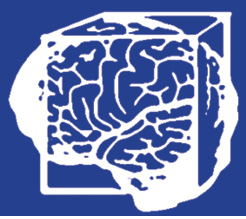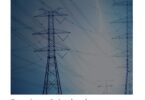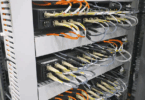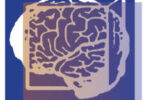By Marco C. Janssen, UTInnovation, the Netherlands

I believe that all the technological inventions can mean something good for humanity, yet I also do not turn a blind eye to the fact that what was intended to be good, can also be used to do something bad.
In the 1970s and 1980s digital signal processing and microprocessors made their way into the power and water utilities and started what would become the path to digital transformation of the entire utility industry. Nowadays we hear a lot about the disruption of the business as usual, and it sounds as if we are facing a totally revolutionary step change in how utilities conduct their business.
However, during the widespread introduction of digital technology into the utility in the 1980s through digital protection relays and control system the same was said by the people who used to work with discreet analog technology until that time. For them relying on microprocessors and software was a leap of faith and a step change in how power systems were operated and protected.
Unarguably the current rate of change in digital technology is unprecedented and the introduction of artificial intelligence and highly integrated digital solutions is fundamentally changing how our society operates yet somehow, I feel that disruption has been something of all times as history tells us, over and over about how certain human inventions changed the way we, as a society, operated. The main difference with the disruption we witness now is the scale and the speed at which it impacts our daily lives.
We are becoming more and more dependent on the technology that surrounds us. If you don’t believe me, try to leave your mobile phone untouched for a few hours. I am sure most of you will feel a sense of anxiety as we are so used to being connected to social media and the internet that we feel we can no longer do without it. This increasing dependency on technology provokes a question in me over and over.
When will we become so dependent on technology that it would start taking control of our lives?
Have we already past that point and is it just a matter of time before the machines take over and Terminator or The Matrix kind of scenarios are upon us, or do we have enough wisdom, strength and intelligence to stay in control?
I am an optimist by nature and believe that all the technological inventions can mean something good for humanity, yet I also do not turn a blind eye to the fact that everything that was invented to do something good can also be used to do something bad.
Furthermore, the warnings issued by leading scientific minds about artificial intelligence and its potential dangers should not be ignored. Many books, articles and movies have been made about this topic highlighting both the potential and the risk of artificial intelligence, yet I keep wondering whether we as humans have recognized these potential risks sufficiently to embed the right safeguards into the solutions being developed.
For me a nice analogy is when the integration of communication systems and devices started to create possibilities for hackers and cyber criminals to invade our lives for the wrong purposes. It took us a while to realize that we exposed ourselves to these kinds of risks and for the scientific community to come up with cyber security protocols, frameworks, and solutions to protect us.
I think that something similar is needed for the coming technological revolutions yet not after we have been faced with the consequences of not considering the risks like with cyber security but from the moment these technologies are invented.
However, maybe it is already too late, let’s hope not…
Biography:

Marco C. Janssen is the CEO of UTInnovation and the former VP of Operational Excellence at TAQA, Digital Grid Leader for Latin America at EY and Director of the Smart Grid PMO at DEWA. He received his BSc degree in Electrical Engineering from the Polytechnic in Arnhem, Netherlands and has worked for over 33 years in the field of Power and Water O&M, Digital Transformation, Protection, AMI and Distribution and Substation Automation. He was a member of IEC TC57 WG 10, 17, 18, 19, the IEEE PES PSRC and CIGRE B5 and D2 WGs. He was the convenor of D2.35 and editor of the Quality Assurance Program for the Testing Subcommittee of the UCA International Users Group. He holds one patent, is the author of the book titled “Recreating the Power Grid”, has authored more than 53 papers, is co-author of 4 Cigre Technical Brochures and 2 books on SmartGrids and Electrical Power Substations Engineering and is the author of the “I Think” column in the PAC World magazine.








